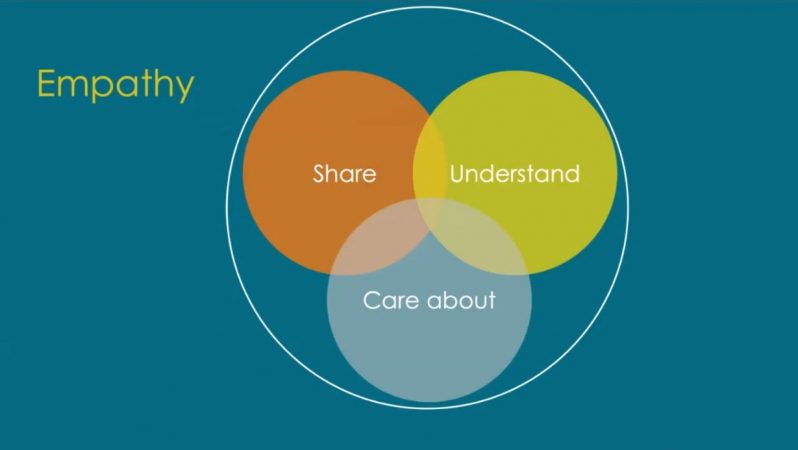For a thriving workplace, build empathy — author

Empathy is not an optional soft skill in the workplace, according to Jamil Zaki, professor of psychology at Stanford University and author of The War for Kindness: Building Empathy in a Fractured World. Citing several studies, he said that empathy leads to effective collaboration, increased morale, reduced stress, more effective feedback, and a more inclusive attitude.
“Empathy begins when we stop making assumptions and start asking questions,” he said in a July webinar on thriving workplaces organized by video conferencing platform Zoom.
The most effective teams, he added, are characterized not just by the sum of their parts, but also by the presence of psychological safety (the feeling that each individual has a voice in the room) and interpersonal sensitivity (having the ability to pick out what others are feeling).
‘PAUSE AND REFRESH’
TaskUs, a business process outsourcing company, has been working towards fostering an environment of trust through its creation of a wellness and resilience team (separate from human resources). It has also incorporated vulnerability as part of its leadership training.
“We ask our leaders to share with their team the struggles they face and the emotions they experience,” Vina D. Paglicawan, director of wellness and resiliency, told BusinessWorld in an e-mail interview. “In turn, we see employees become more trusting and willing to take greater risks and ask for help when needed.”
In a separate e-mail interview, Janessa C. Tek-ing, associate business director of the agency Red Havas, described compassion’s relationship with productivity.
“We roll up our sleeves and deliver results — but we don’t treat each other like robots,” she said. “Our productivity isn’t only measured by the work that we do, but how passionate we are while doing it as a team. We get more things done when we know that our teammates are behind us.”
Breaks offset the psychological cost of working hard, and leaders can make it clear that taking time off is part of being productive. “Employees can take their vacation leaves without having to worry about the work they left because we all need time to hit pause and refresh,” said Ms. Tek-ing.
To this point, Mr. Zaki said that self-compassion is not selfish: “Being there for ourselves is the only way to be there for other people sustainably.” — Patricia B. Mirasol
SIDEBAR | How to practice empathy
Balancing the scale of perspective getting (asking about someone’s reality) and perspective giving (sharing one’s reality) improves understanding, builds rapport, and balances the empathic scale at work.
Here’s how companies can practice empathy at work, according to Jamil Zaki, professor of psychology at Stanford University and author of The War for Kindness: Building Empathy in a Fractured World:
- Invite people to share stories. Ensure they feel safe doing so.
- Ask yourself: what did I learn in this conversation that I didn’t know before?
- Go beyond listening and show your team how you followed through on what they shared.



